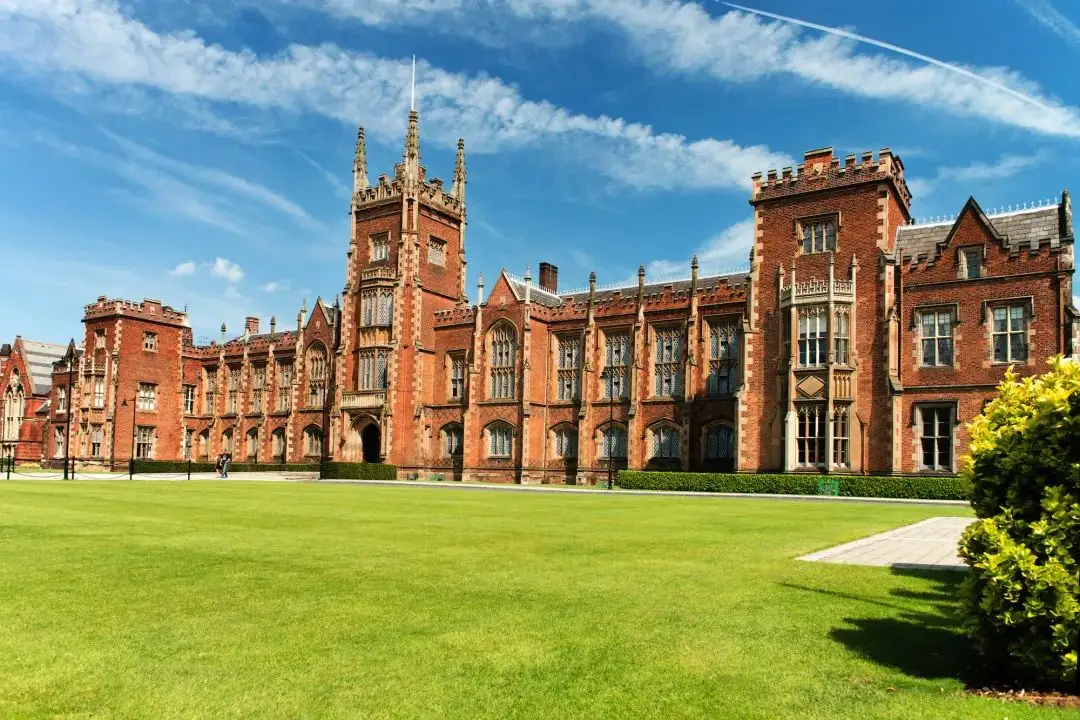
英国南安普顿大学博士后职位—化学生物学方向
Research Fellow in Chemical Biology
University of Southampton
Description
You will join our interdisciplinary project at the interface of Chemical Biology and Supramolecular Chemistry at the University of Southampton working with Profs Steve Goldup and Ali Tavassoli.
The project is a collaboration between the Goldup and Tavassoli groups and aims to use DNA Rotaxanes and Catenanes to control cellular processes. Rotaxanes, molecules in which a linear component is trapped within a ring- shaped molecule like a bead on a thread, and catenanes, molecules formed of two rings threaded through one another like links in a chain, are the archetypal interlocked molecules. Holding the molecular components together like this changes their properties considerably and leads to new functions and applications. Indeed, nature has taken advantage of this approach to stabilise DNA in catenane structures ( Nature , 1967 , 647) and peptides as rotaxanes ( Acc. Chem. Res. 2015 , 1909). For an introduction to the properties of mechanically interlocked molecules see: “ Chemical consequences of mechanical bonding in catenanes and rotaxanes ” ( Chem. Commun. 2014 , 5128).
This project builds on recently developed DNA rotaxanes by the Goldup and Tavassoli Groups ( J. Am. Chem. Soc.2020 , 5985). You will work in a multidisciplinary team to use next generation, switchable DNA rotaxanes to regulate biological processes in mammalian cells. These compounds have the potential to become novel tools with applications in cell biology for regulating biological processes.
To be successful you will have a background in multidisciplinary science, particularly chemical biology and/or cell biology. Experience of working with mammalian cell culture and associated techniques is highly desirable. You will also have opportunities to develop your supervisory, written and oral communication skills, excellent preparation for a career in academia or industry. As a member of the group you will present your published work at national and international conferences and funding is available to support this.
You will be based in the modern chemistry laboratories in the School of Chemistry at the University of Southampton. Support for synthetic chemistry, chemical biology and cell biology is excellent with world class, cell culture, molecular biology, and chemical biology facilities, and as well as MS, NMR and X-ray facilities, each supported by dedicated specialist staff. For more information see:
Goldup Group: https:// goldup.soton.ac.uk/
Tavassoli Group: https: // www. southampton.ac.uk/chemistry/about/staff/ali1.page
The post will initially be offered for 12 months due to funding restriction but this may be extended. For additional information please contact Professor Ali Tavassoli and Professor Steve Goldup by email (ali1@soton.ac.uk and S. Goldup@soton.ac.uk).
At the University of Southampton, we value diversity and equality. The University recognises that employees may wish to have working patterns that fit with their caring responsibilities or work-life balance. Due consideration will also be given to applicants who have had career breaks for reasons including maternity, paternity or adoption leave, disability or illness. Both the University of Southampton and Chemistry are proud to hold Athena Swan Silver Awards.
Applications for Research Fellow positions will be considered from candidates six months from completion of a relevant PhD qualification. The title of Research Fellow will be applied upon successful completion of the PhD. Prior to the qualification being awarded the title of Senior Research Assistant will be given.
Application Procedure
You should submit your completed online application form at https: // jobs.soton.ac.uk. The application deadline will be midnight on the closing date stated above. If you need any assistance, please call Michelle Jose (HR Recruitment Team) on +44 (0) 23 8059 2750 or email recruitment@soton.ac.uk Please quote reference 1954922EB on all correspondence.













